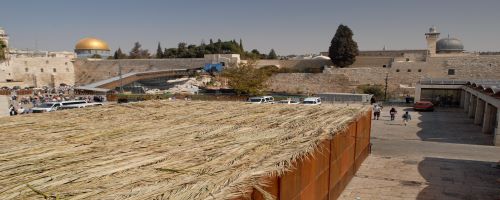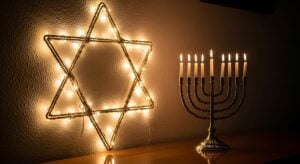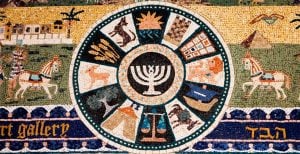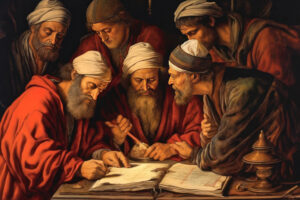As summer begins to pass and the air steadily becomes cooler, the changing of seasons brings more than just the impending arrival of sweater weather and colorful, crunchy leaves. With the fall comes a very special holiday in the Jewish calendar, one that we all know and love.
We’re referring, of course, to Chag HaAsif – the Festival of the Ingathering, as it is known in the Torah, though most of us recognize this particular holiday by its more famous name, Chag HaSukkot, the Festival of Booths!
So you may be wondering – if everyone uses the name Sukkot, why does the Torah bother mentioning the name Chag HaAsif at all?
Well, in order to understand why, one must take into account that the Torah is an incredibly complex and often mystifying object; however, its phrasing is always deliberate. You’ll often find that the way a particular name or verse is worded in the Torah may hint at an alternative or hidden meaning to its literal translation, providing further insight into the deeper nature of who or what the Torah is describing. It is for this reason that the Torah will often designate multiple titles to a singular subject, as each name reveals something different the Torah wants us to know.
We can see this in action in the case of Sukkot. While the majority of Jewish holidays commemorate a significant moment in history, Sukkot is the only holiday that doesn’t seem to tie into any particular event; therefore, the key to understanding the essence of this holiday lies in its biblically given names. As one of the Shalosh Regalim – the Three Pilgrimage Festivals, which includes Pasach, Shavuot, and Sukkot – Sukkot is a holiday centering on the importance of remembrance, something revealed by the names Chag HaAsif and Chag HaSukkot as each one corresponds to a different aspect of the holiday we are meant to remember.
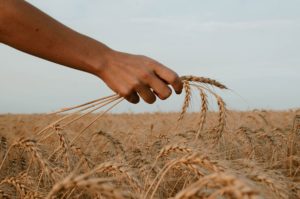 In the instance of Chag HaAsif, this phrase can be translated in one of two ways – the Festival of the Ingathering or more simply, the Harvest Festival, plainly indicating that the holiday fell out around the time of year when the last of the crops were being harvested and gathered. As the name itself suggests, Chag HaAsif was partially celebrated as a way to express joy and appreciation towards completing the year’s harvest.
In the instance of Chag HaAsif, this phrase can be translated in one of two ways – the Festival of the Ingathering or more simply, the Harvest Festival, plainly indicating that the holiday fell out around the time of year when the last of the crops were being harvested and gathered. As the name itself suggests, Chag HaAsif was partially celebrated as a way to express joy and appreciation towards completing the year’s harvest.
Similarly, the name Chag HaSukkot, the Festival of Tabernacles (Booths), can tell us a lot about the holiday’s other objective: commemorating the temporary dwellings G-d made from the Clouds of Glory to shelter the people of Israel as they traversed the desert for 40 years. Every year starting on the 15th of Tishrei, Jews around the world will vacate their homes in favor of eating and occasionally sleeping inside a decorated, makeshift structure called a Sukkah, which will become their home-away-from-home for the duration of the holiday. Lasting for seven days in Israel and eight everywhere else, Sukkot is a time for celebration, joy, prayer, and devotion where we observe special customs, eat good food and share meaningful moments with friends and family.
So now that we’ve learned all that we can from Sukkot’s dual identifiers, all that’s left is to start thinking about how we want to celebrate it this year! Maybe you’ll build your own Sukkah in your backyard or perhaps you’ll spend the holiday with loved ones, it’s all up to you – although if you’re ever on the lookout for great Sukkot Gifts, we can certainly help with that!
